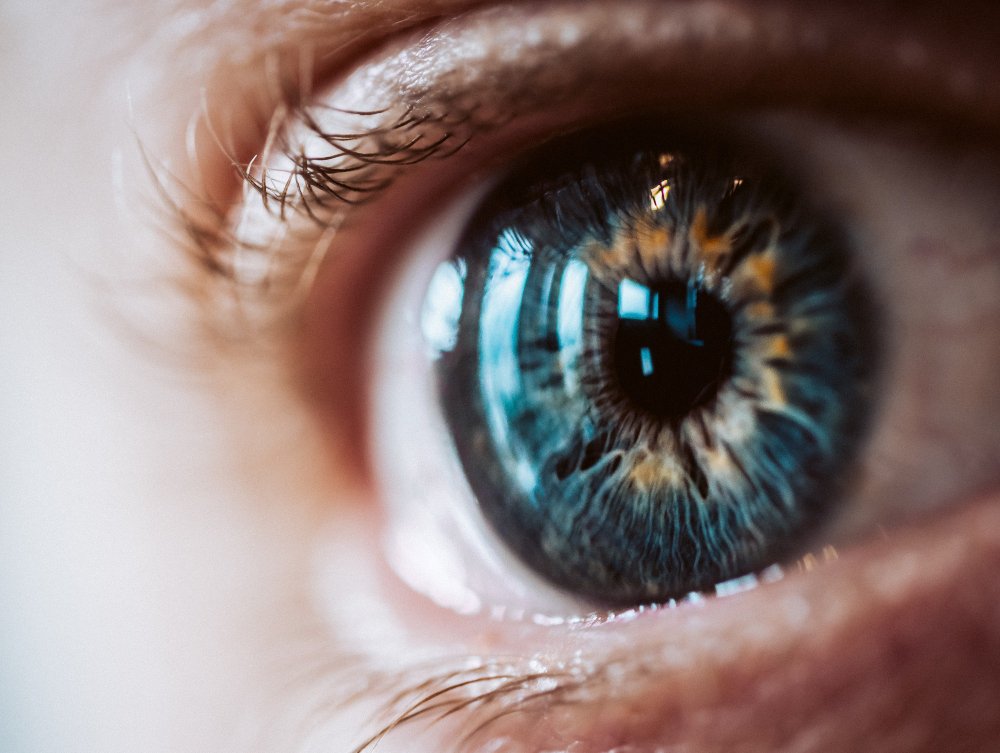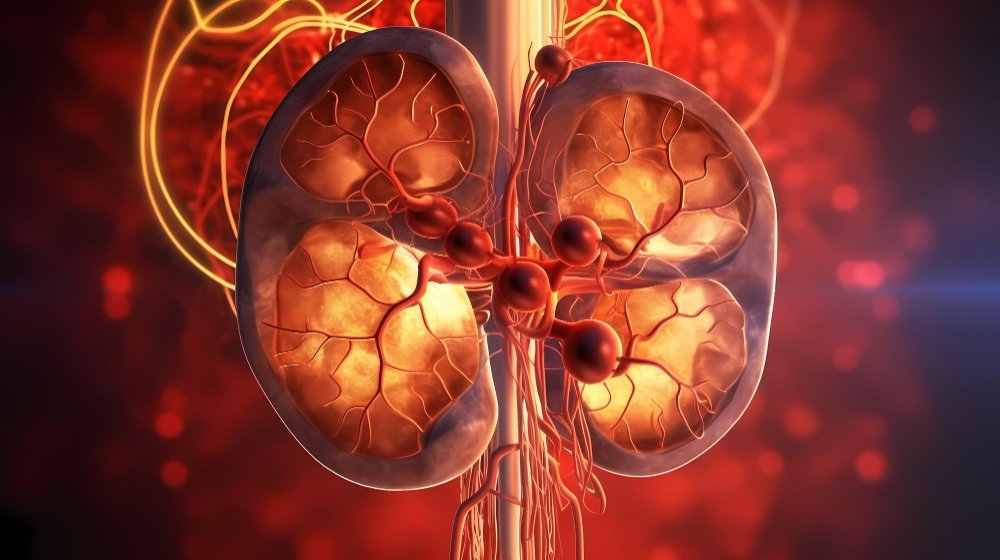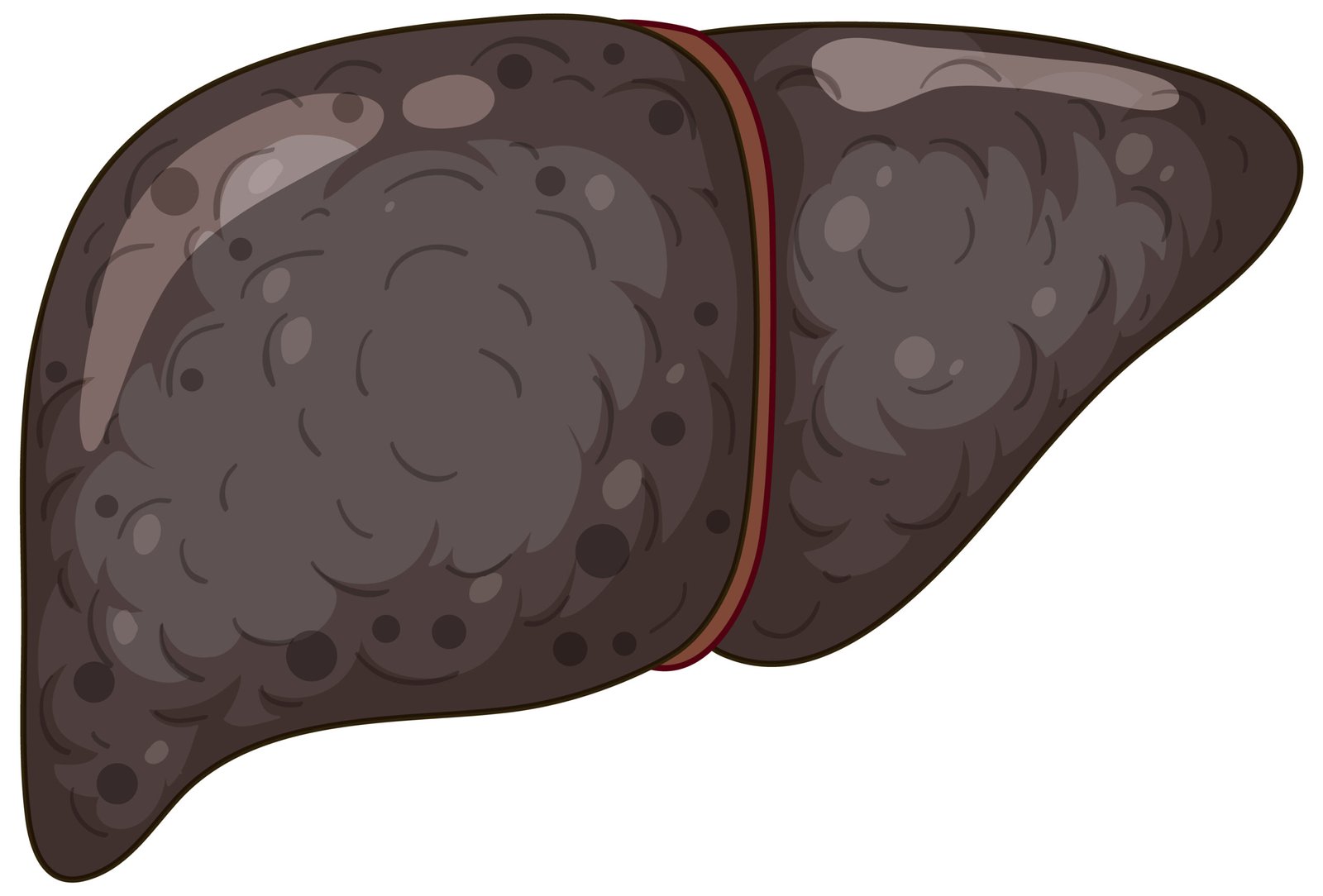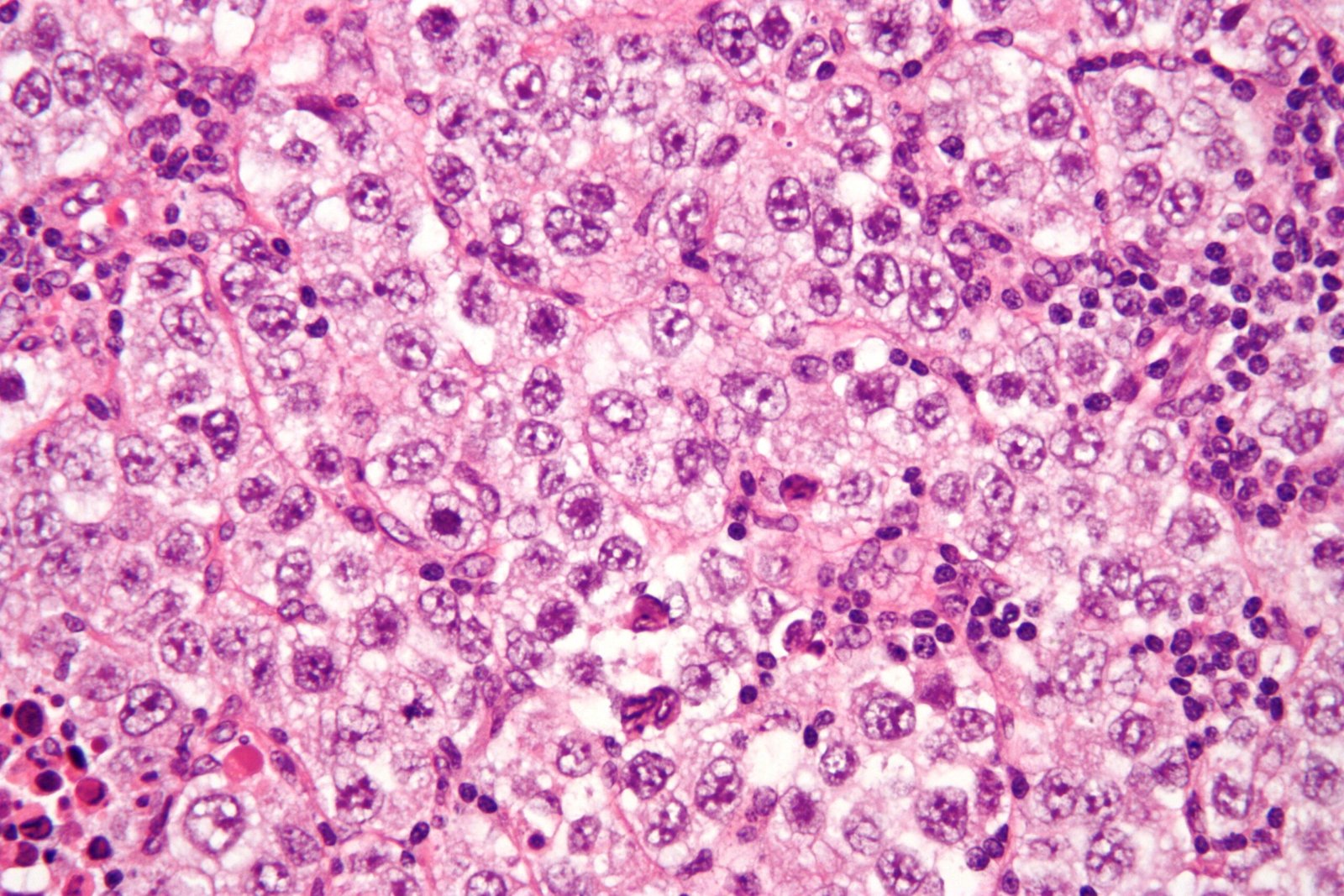Solid Tumors
Solid tumors are abnormal growths of cells that develop in tissues or organs of the body, forming a mass or lump. These tumors can arise in various parts of the body and are classified based on their location and type of cells they affect. Our clinic specializes in the diagnosis and treatment of solid tumors, providing comprehensive care to patients and their families.
Types of Solid Tumors Disorders :
Brain Tumors:
Brain tumors originate in the brain tissue and can be either benign (non-cancerous) or malignant (cancerous). Common types include gliomas, meningiomas, and medulloblastomas.
Eye Tumors:
Eye tumors develop in the tissues of the eye and surrounding structures. They can affect the eyelids, conjunctiva, iris, retina, or optic nerve. Retinoblastoma and melanoma are examples of eye tumors.
Renal Tumors:
Renal tumors occur in the kidneys and can be either benign or malignant. The most common type of renal tumor in children is Wilms tumor, also known as nephroblastoma.
Hepatic Tumors:
Hepatic tumors originate in the liver tissue and can be either primary (originating in the liver) or secondary (metastatic from other organs). Hepatoblastoma and hepatocellular carcinoma are examples of primary hepatic tumors.
Germ Cell Tumors:
Germ cell tumors develop from germ cells, which are cells that give rise to sperm and eggs. These tumors can occur in various parts of the body, including the ovaries, testes, mediastinum, and sacrococcygeal region.
Common Symptoms:

Brain tumors
Persistent headaches, seizures, or changes in behavior

Eye tumors
Vision changes, eye pain,or white pupil
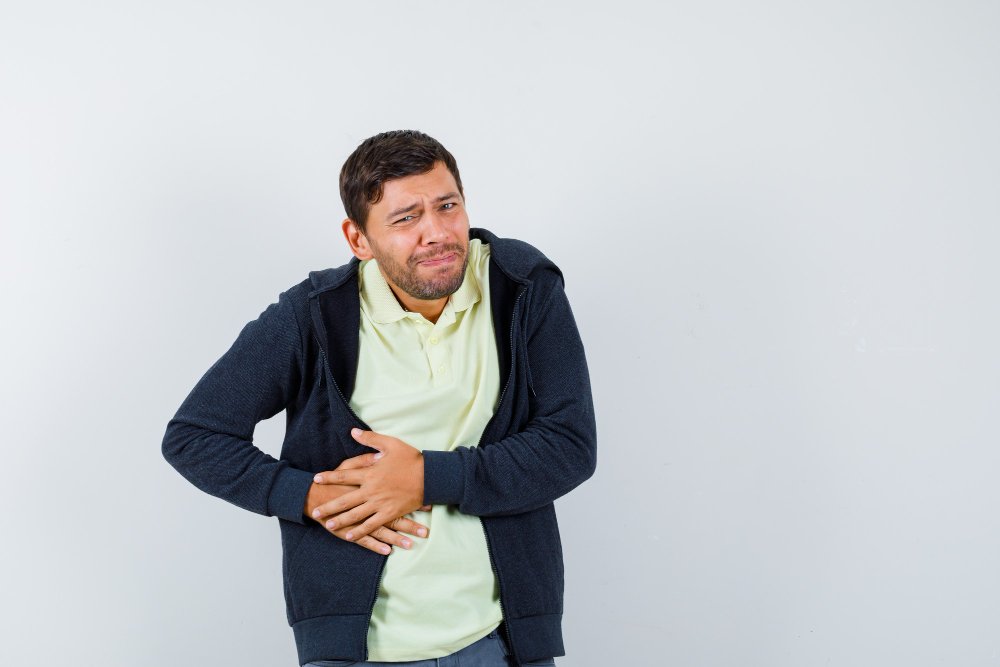
Renal tumors
Blood in urine, abdominal pain, or swelling

Hepatic tumors
Jaundice, unexplained weight loss, or abdominal mass

Germ cell tumors
Swollen testicle, abdominal pain, or back pain
Treatments:
- Surgery to remove the tumor
- Chemotherapy to kill cancer cells
- Radiation therapy to destroy cancer cells
- Targeted therapy to block specific pathways in cancer cells
- Immunotherapy to stimulate the immune system to fight cancer
Frequently Asked Questions
What causes solid tumors?
Solid tumors can develop due to various factors, including genetic mutations, environmental exposures, and lifestyle factors. While the exact cause may vary depending on the type of tumor, certain risk factors such as family history, radiation exposure, and carcinogen exposure may increase the likelihood of developing solid tumors.
How are solid tumors diagnosed?
Diagnosis of solid tumors typically involves a combination of imaging tests, such as MRI, CT scans, or ultrasound, to visualize the tumor and its location. Biopsy procedures may also be performed to obtain a sample of the tumor tissue for examination under a microscope to confirm the diagnosis.
What are the treatment options for solid tumors?
Treatment for solid tumors depends on factors such as the type and stage of the tumor, as well as the patient’s overall health. Common treatment options may include surgery to remove the tumor, chemotherapy to kill cancer cells, radiation therapy to destroy cancer cells, targeted therapy to block specific pathways in cancer cells, and immunotherapy to stimulate the immune system to fight cancer.
Can solid tumors be cured?
The prognosis for solid tumors varies depending on factors such as the type of tumor, stage at diagnosis, and response to treatment. While some solid tumors may be cured with appropriate treatment, others may require ongoing management to control the disease and improve quality of life.
What are the side effects of treatment for solid tumors?
Treatment for solid tumors, such as surgery, chemotherapy, radiation therapy, targeted therapy, and immunotherapy, can cause various side effects. These may include fatigue, nausea, vomiting, hair loss, changes in appetite, and immune-related side effects. The severity and duration of side effects can vary from person to person and depend on the specific treatment regimen used.
Book an Appointment
Important Links
Contacting
Treatments
About Dr. Shraddha
Charity & Welfare
Happy Kids Foundation is a leading Non-Profit Organisation dedicated to help children for weaker socio-econimic backgrounds get the right treatments for Blood-related disorders. To get Involved / Volunteer / Donate, click the button below:


